It's crucial to have a good night's sleep, yet there are times when you simply cannot get the recommended amount of sleep at night. To make up for lo
It’s crucial to have a good night’s sleep, yet there are times when you simply cannot get the recommended amount of sleep at night. To make up for lost sleep, some people take naps. Others use naps as a sort of entertainment because it makes them feel rested and rejuvenated when they wake up.
A few of benefits include elevating your mood, raising your level of focus and creativity, decreasing exhaustion, and enhancing your memory. However, some people also lament the reason why they frequently experience headaches following a nap. Let’s continue to learn about its types, causes, and ways to prevent it.
Various types of Headaches
The first step you should do is to try to determine the type of headache you are experiencing. And whenever you have any uncertainties, visit a doctor.
- Primary Headaches
A proper diagnosis is essential because they are a disorder in and of itself and are frequently treated with medicine. The most common are migraines, which are characterised by severe pain, including pins and needles, partial vision loss, and difficulty speaking. Migraines are also prone to recurring and tend to run in families. These include hypnic headaches, commonly known as “alarm clock” headaches because they cause individuals to wake up in the middle of the night, and tension headaches, which occur on both sides of the head and have unknown causes.
- Secondary Headaches
They are the ones that manifest as a symptom of another issue, so in order to prevent them, the root cause must be addressed. These include headaches brought on by menstruation, head injuries, hangovers, excessive caffeine use (more than 4 cups per day), and improper use of some drugs (such as aspirin and ibuprofen).
What results in a headache after sleeping?
There are several reasons why you can wake up from a nap with a headache.
1. Breathing issues and snoring

Snoring may be a sign that you have breathing issues. In addition to disrupting your sleep, improper breathing can also raise your chance of waking up with headaches.
Obstructive sleep apnea, which can cause these symptoms, can also cause snoring.
- Breathing pauses when sleeping, overnight awakening, and night sweating.
- Inability to concentrate throughout the day due to little sleep at night.
2. Bruxism (teeth grinding)
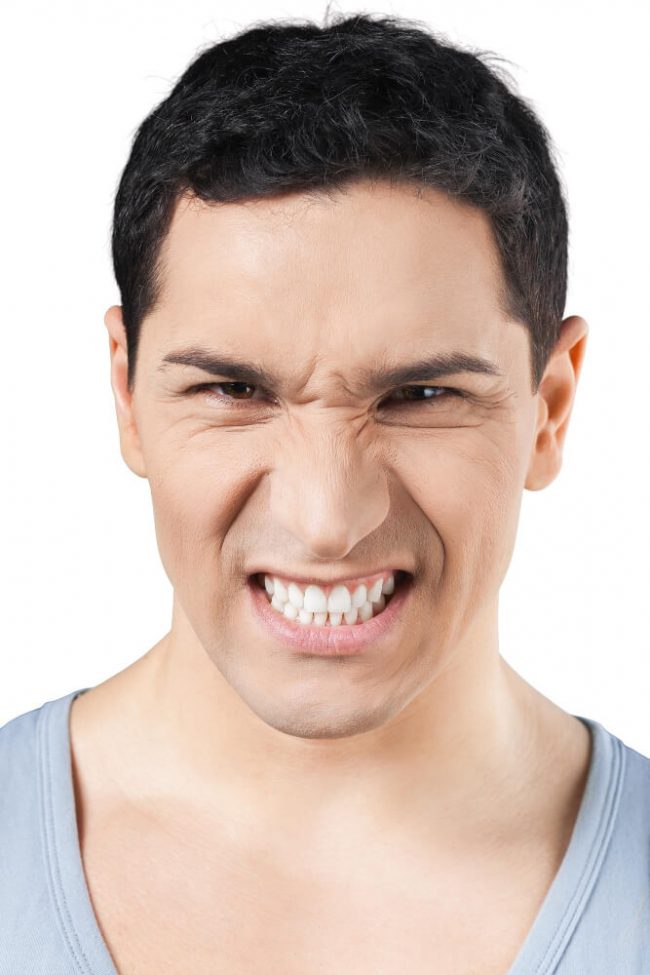
Bruxism is the habit of unintentionally clenching or grinding your teeth. If you do this, especially while you sleep, it may wake you up with headaches. It may also be connected to sleep apnea and snoring. When it’s severe, the constant clenching can result in headaches in the morning as well as tense muscles during the day.
3. Pregnancy

Pregnancy can make you tired and make you want to nap more often, but you may also discover that you occasionally wake up with a headache. This could result from a number of circumstances, such as: hormones, low blood sugar, and dehydration.
4. Sleep hygiene

How clean you are has nothing to do with how well-groomed you are. This instead refers to the routines that support sound sleep. When you wake up after a nap, you could get a headache as a result of poor sleep hygiene. Your head and neck may be in awkward positions if you’re using the incorrect pillow for your needs, which could result in tense and strained muscles and a headache. Shop all pillows in our sleep shop that have been approved by sleep experts to achieve the finest possible sleep.
To learn how to prevent a headache after a nap, continue reading.
1. Sleep for the recommended number of hours
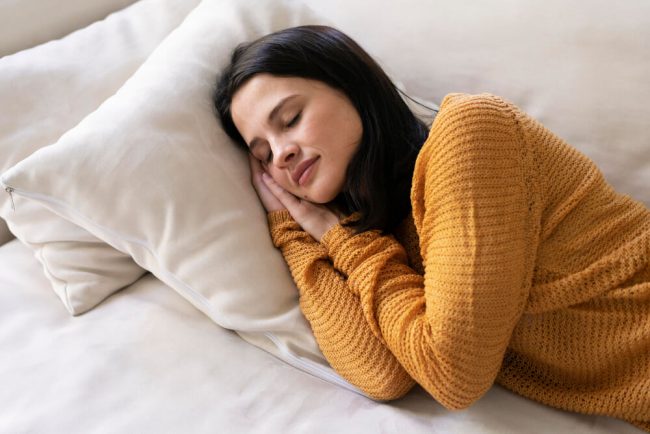
Oversleeping can cause headaches because serotonin and other neurotransmitters in the brain are out of balance. Oversleeping usually throws off your sleep cycle and makes it harder for you to fall asleep later. It is advised to get at least eight hours of sleep each night to avoid this.
2. Ginger
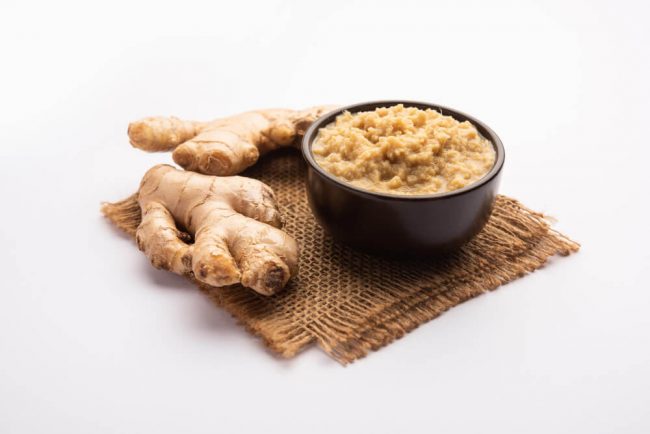
Oversleeping headaches can be effectively treated with ginger. It helps to lessen the swelling of the blood vessels in your brain. To get rid of the bothersome headache, you might sip ginger tea or juice.
3. Avoid taking long naps and limit your intake of caffeine
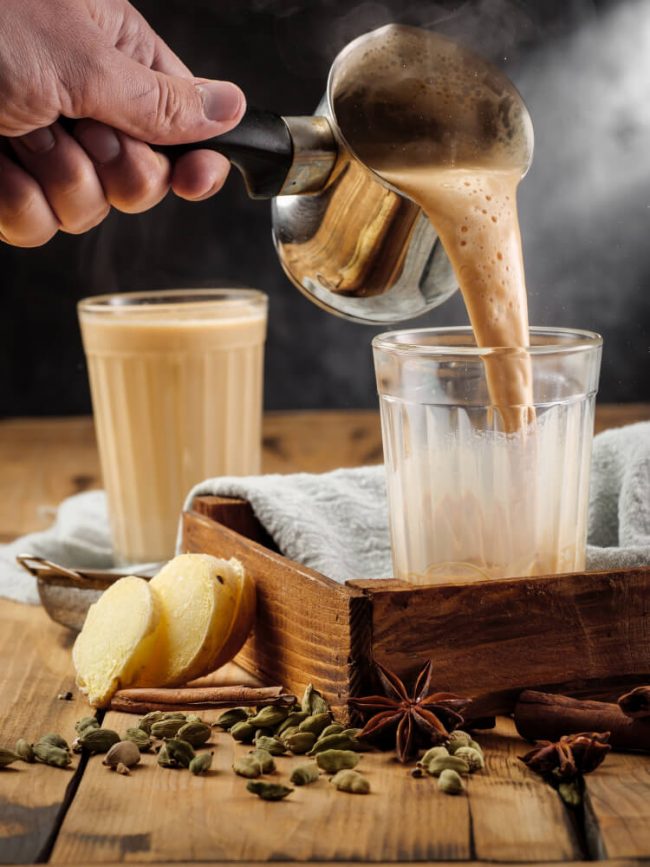
Try to limit your caffeine intake if you want to avoid getting a headache. You won’t be able to fall asleep at night if you consume too much coffee. Additionally, a prolonged snooze will interfere with your regular sleep pattern.
4. Sip a lot of water
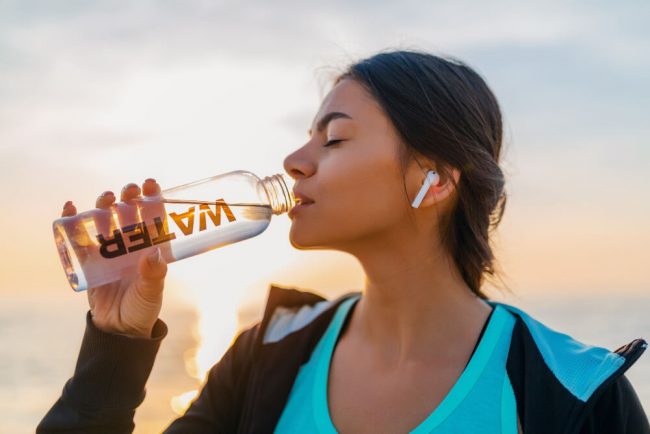
Oversleeping might cause a headache if your body is dehydrated. Dehydration can be brought on by a number of things, including coffee, alcohol, unsweetened beverages, etc. So, to prevent headaches, drink a lot of water throughout the day.
5. Yoga
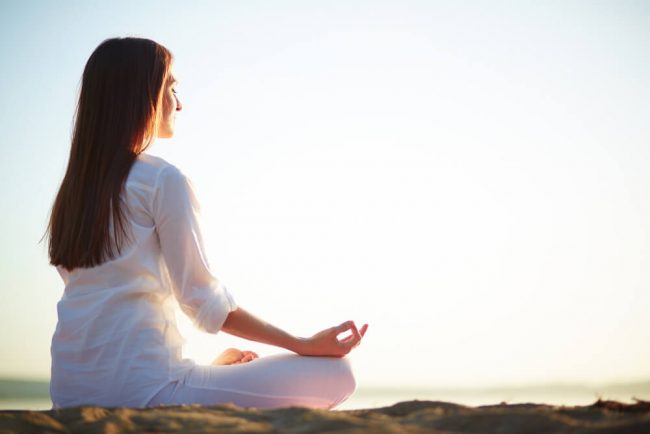
Oversleeping can cause headaches, but yoga can help you get rid of them. Your body will relax and your mind will be freed up through yoga. Try performing sun salutations and other yoga poses the next time you wake up with a headache after taking a nap to clear your mind.
Best Nap Time
Power nap for 15-20 minutes to improve cognition and alertness
During a 30- to 60-minute disco nap, problem-solving abilities and creativity are improved.
180 minutes (equals 1 sleep cycle) improved cognitive performance, enhanced alertness, and higher creativity
Conclusion
After taking a nap, if you wake up with a headache, you may need to eat or hydrate. Once you eat and drink something, headaches caused by dehydration and hunger usually disappear. If a headache lasts, allergies or an ailment may be at blame. As a result, seek medical attention to rule out any health issues, and make sure to eat healthily and drink plenty of water each day as they are the main causes of headaches following naps.

COMMENTS